I don't know about you, but I've found that students generally start off their education keen to learn, asking lots of questions and seemingly not too worried about getting things "wrong". Then something happens along the way (most likely teenage hormones and test stress) when fear of getting the answer wrong can paralyze them from sharing their thoughts for fear of "public humiliation" or failure.
At the end of last term I recently had one of my students stay behind after class to tell me that she felt sad because she was getting laughed at for her contributions in all her lessons - she said the students are always careful to do it out of the classroom, away from the teacher's ears... I found this so sad and it really got me thinking: as far as I am concerned, there are no stupid questions or answers in my classroom. I always make an effort to praise any sensible contributions in class whether right or wrong and I'm very quick to act when anyone laughs at someone. Sadly some classes haven't gelled as well as others though and are teasing in secret; it seemed this group was one of them. This is yet another reason why teaching Character Education in secondary schools is so vital.
So it made me wonder, how many times does this actually go on that we as teachers are never aware about?
I came up with an idea to encourage more students to speak up without fear of getting an answer wrong or saying something they later felt was "stupid", and it worked really well! So if you find some of your students are reticent to contribute in class for whatever reason, I have some suggestions that should help encourage them to share without fear and build more of a supportive community in your classroom!
At the end of last term I recently had one of my students stay behind after class to tell me that she felt sad because she was getting laughed at for her contributions in all her lessons - she said the students are always careful to do it out of the classroom, away from the teacher's ears... I found this so sad and it really got me thinking: as far as I am concerned, there are no stupid questions or answers in my classroom. I always make an effort to praise any sensible contributions in class whether right or wrong and I'm very quick to act when anyone laughs at someone. Sadly some classes haven't gelled as well as others though and are teasing in secret; it seemed this group was one of them. This is yet another reason why teaching Character Education in secondary schools is so vital.
So it made me wonder, how many times does this actually go on that we as teachers are never aware about?
I came up with an idea to encourage more students to speak up without fear of getting an answer wrong or saying something they later felt was "stupid", and it worked really well! So if you find some of your students are reticent to contribute in class for whatever reason, I have some suggestions that should help encourage them to share without fear and build more of a supportive community in your classroom!
The idea is to eradicate the fear of incorrect answers being "bad". How do we do that you ask? Well here's a fun idea that you can try in any lesson that will get all your students contributing with confidence!
Firstly, come up with a range of questions based on the topic you are teaching - try to choose some that can cause a debate or even just questions from a test that are commonly answered incorrectly.
Then you hand every student a scrap piece of paper or a sticky note, and ask them all to write the what they think the answer is to a question. Ensure they keep their answer secret so no one else can see: the privacy factor will play an important role in this activity.
At this point you can collect them all in being sure not to look at who wrote what at this point. The idea is that all answers are anonymous which will give students confidence to really be honest!
Once all answers have been collected in, you can give them a mini activity to do that will take a few minutes. I have a 99 riddles activity which would be a fun and appropriate activity for this time. While they are busy, you can sort the correct answers into a "YES" pile and the incorrect ones in a "NO" pile.
Then you hand every student a scrap piece of paper or a sticky note, and ask them all to write the what they think the answer is to a question. Ensure they keep their answer secret so no one else can see: the privacy factor will play an important role in this activity.
At this point you can collect them all in being sure not to look at who wrote what at this point. The idea is that all answers are anonymous which will give students confidence to really be honest!
Once all answers have been collected in, you can give them a mini activity to do that will take a few minutes. I have a 99 riddles activity which would be a fun and appropriate activity for this time. While they are busy, you can sort the correct answers into a "YES" pile and the incorrect ones in a "NO" pile.
For your own interest, it would be a good idea to count the number in each pile so you can gauge the class's knowledge on the subject, but once you have done that the "YES" pile can be discarded: it's the other "NO" pile that is the special one! You are now looking for #TheBestNoEver! Sift through the answers and make a new pile that you think has the best wrong answers, share them with the class and open a discussion on them!
Some points to consider:
Some prompt questions you could ask:
Once you have discussed a few of the best wrong answers ever, you can ask your students to research and create some resources / study material that highlight common wrong answers to a question and any tips they can offer on helping their peers get it right!
Some points to consider:
- Try to encourage your students to be supportive and not laugh at any of the responses - the idea is to gain an understanding as to why someone would think this answer and to help them out. This really creates a sense of unity and support in the classroom.
- Explain that this is anonymous and no one has to share of they got the answer wrong or not - make them feel safe.
Some prompt questions you could ask:
- "Why is this such a great wrong answer?"
- "Is there any truth to this answer?"
- "Why do you think someone would come to this conclusion?"
- "How could we help someone understand this topic better?"
Once you have discussed a few of the best wrong answers ever, you can ask your students to research and create some resources / study material that highlight common wrong answers to a question and any tips they can offer on helping their peers get it right!
In doing all of this, your students will not only be able to be honest about answering questions, but you will be able to encourage a supportive atmosphere in encouraging students to help each other out and create study material (whether they got the original question right or wrong is irrelevant!).
So next time you have any students reluctant to answer questions in class, try the #TheBestNoEver activity with them and build that confidence and community in the classroom!
What do you do to encourage students to not fear wrong answers? Let me know in the comments!
So next time you have any students reluctant to answer questions in class, try the #TheBestNoEver activity with them and build that confidence and community in the classroom!
What do you do to encourage students to not fear wrong answers? Let me know in the comments!
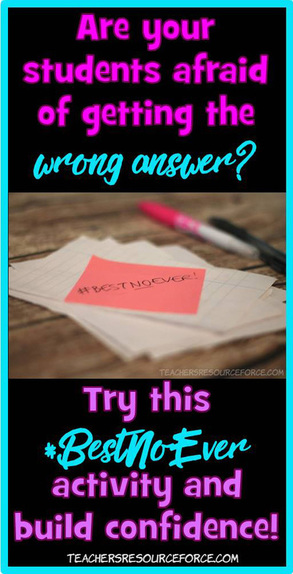

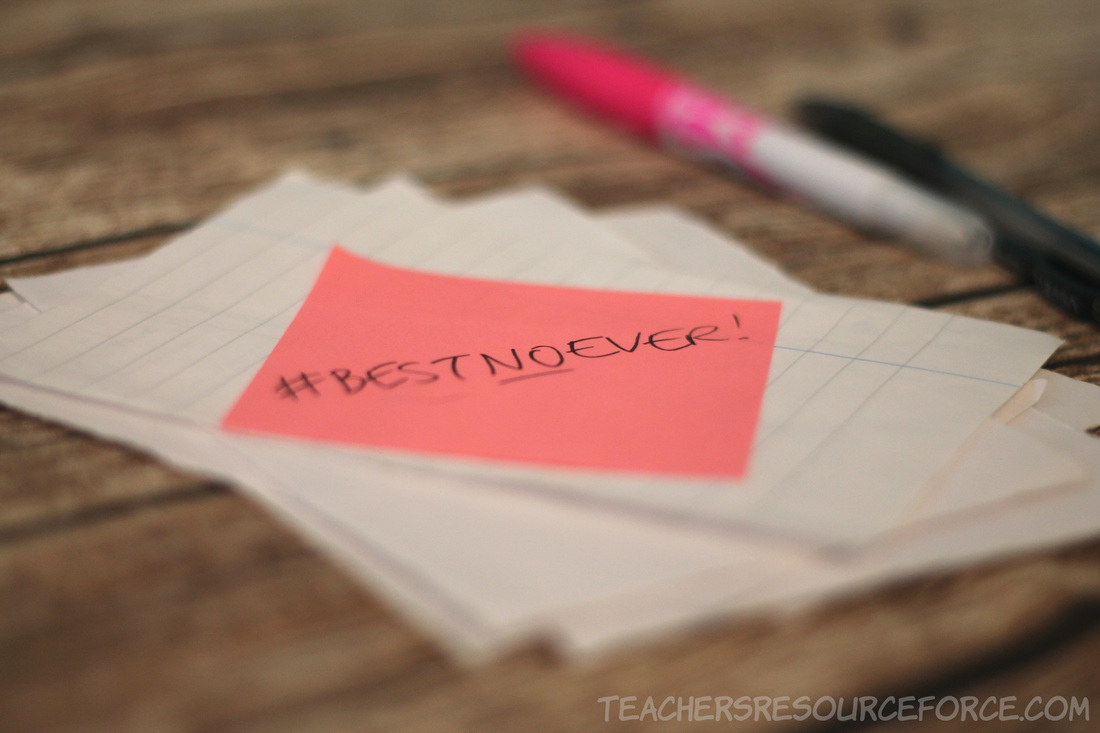




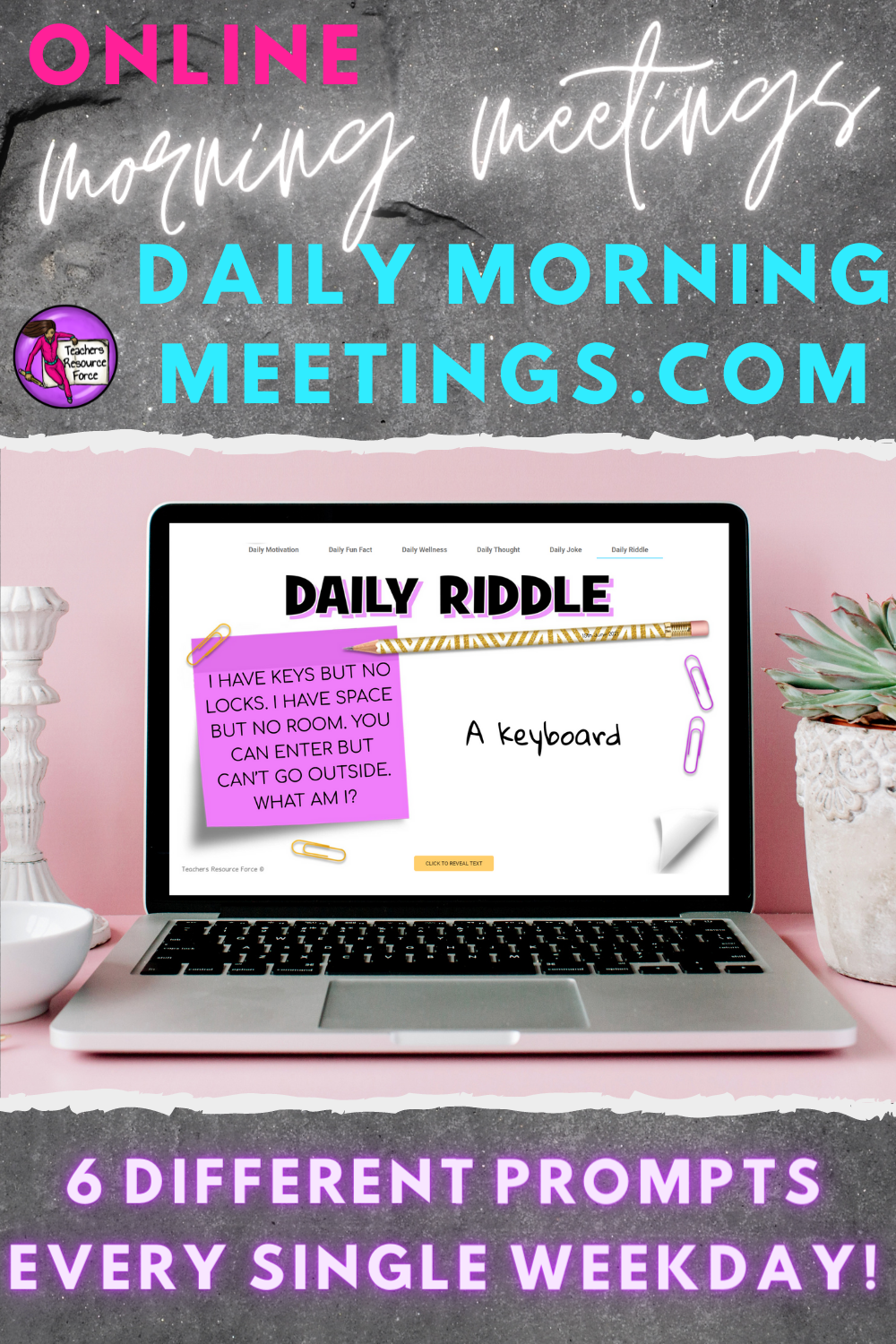

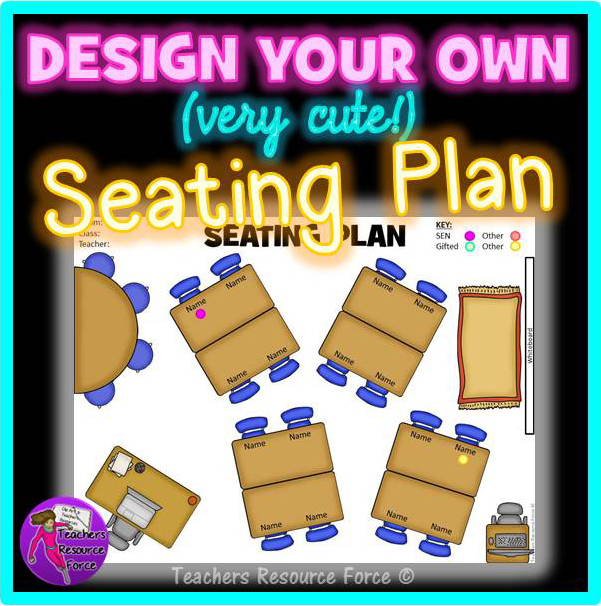
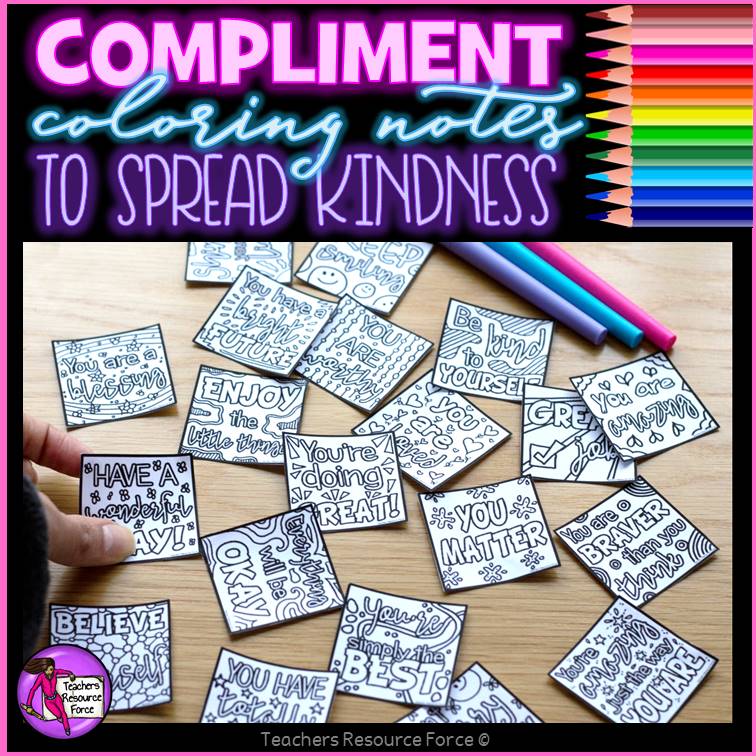

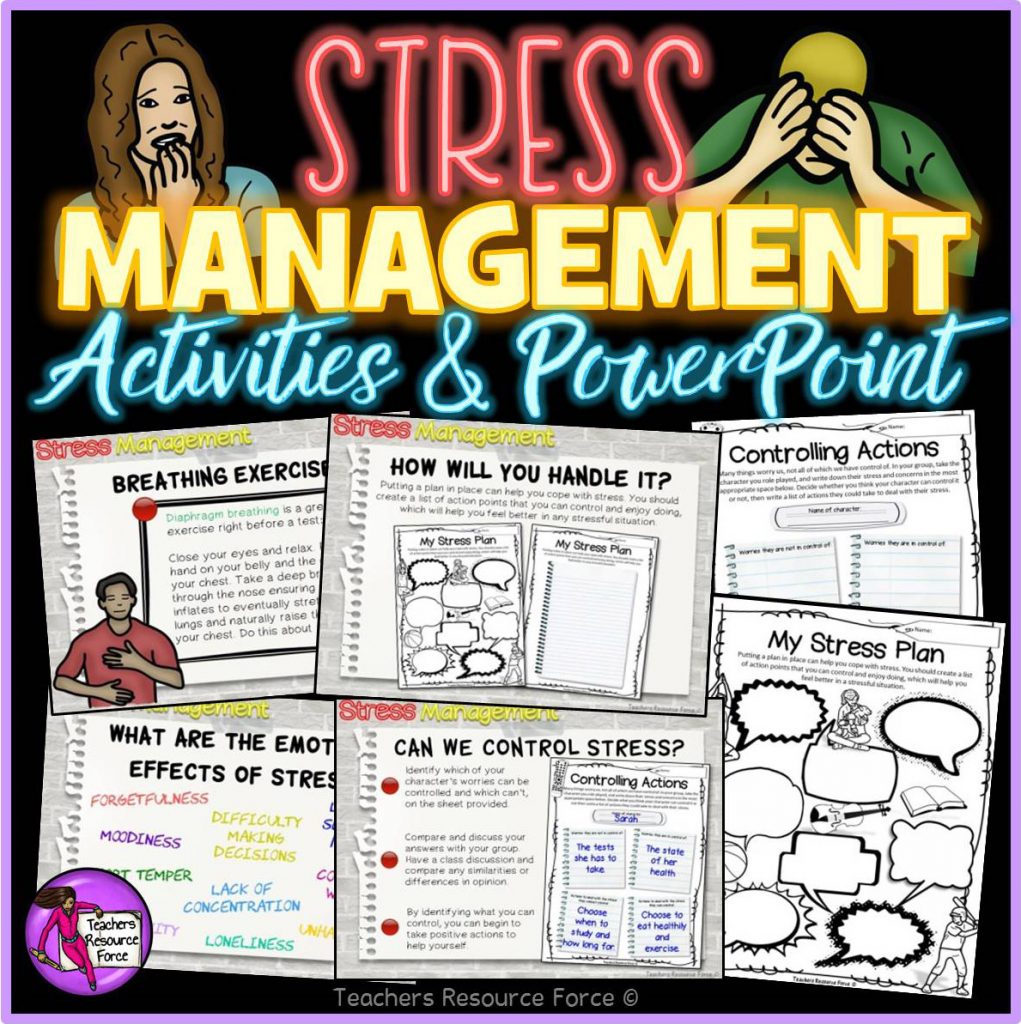
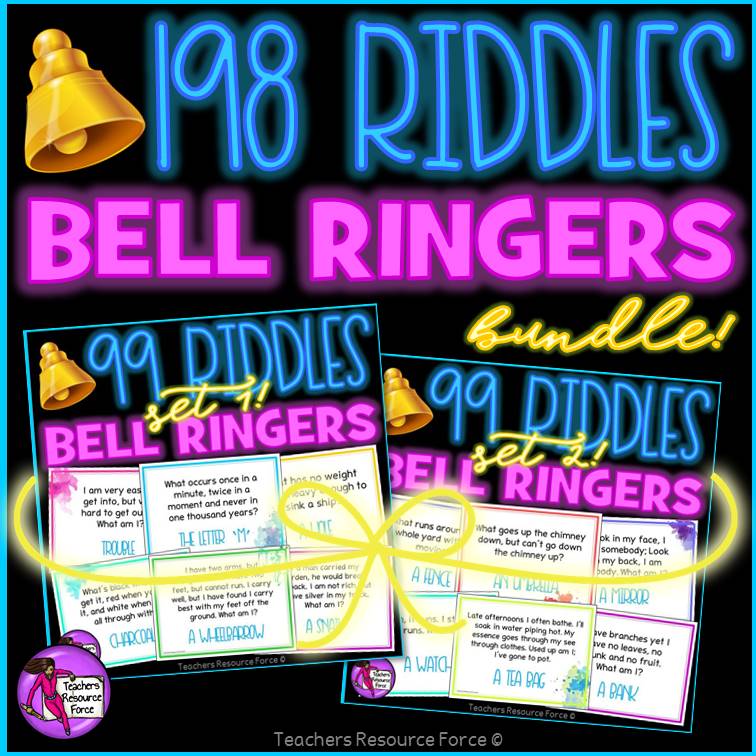
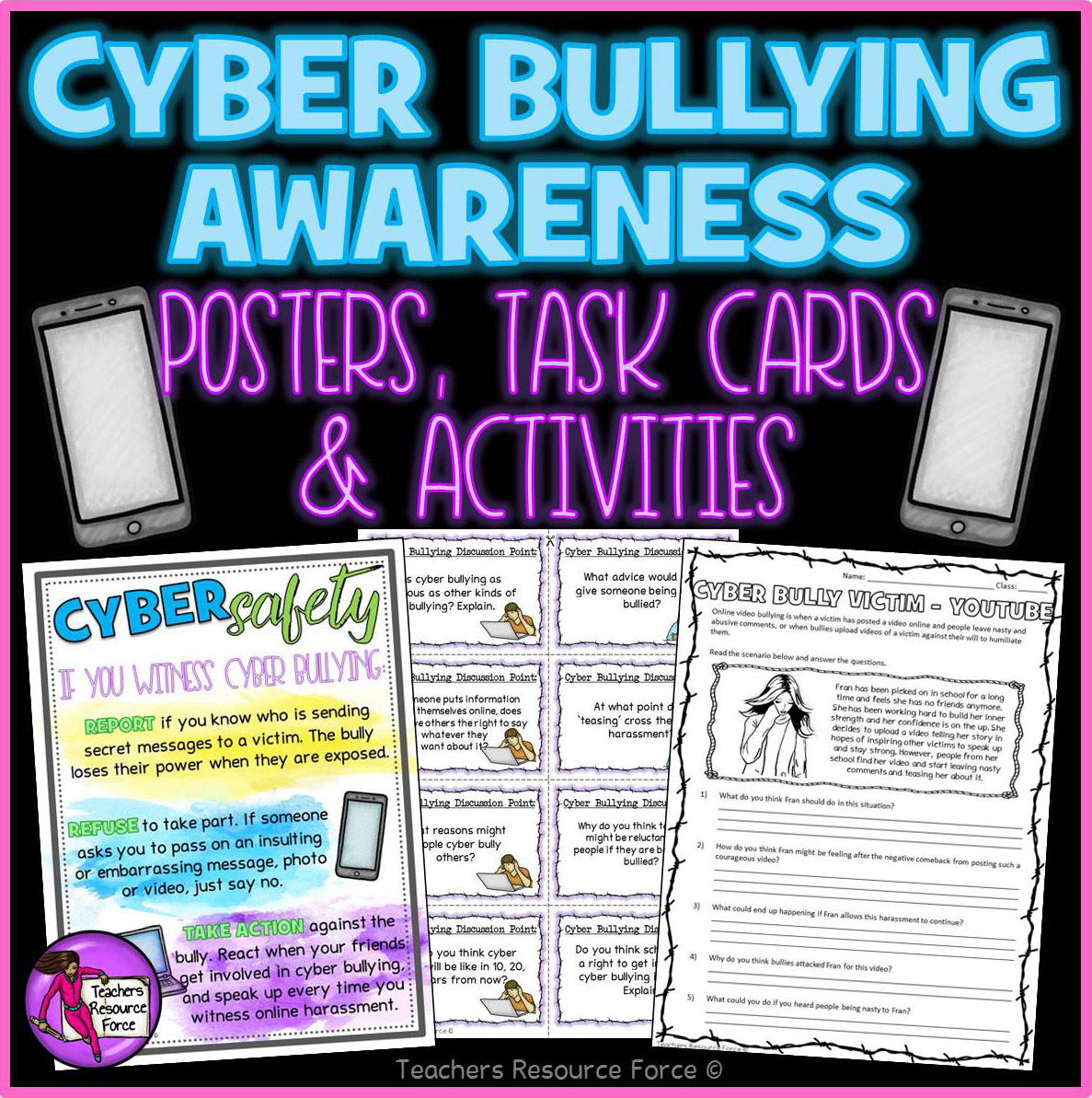





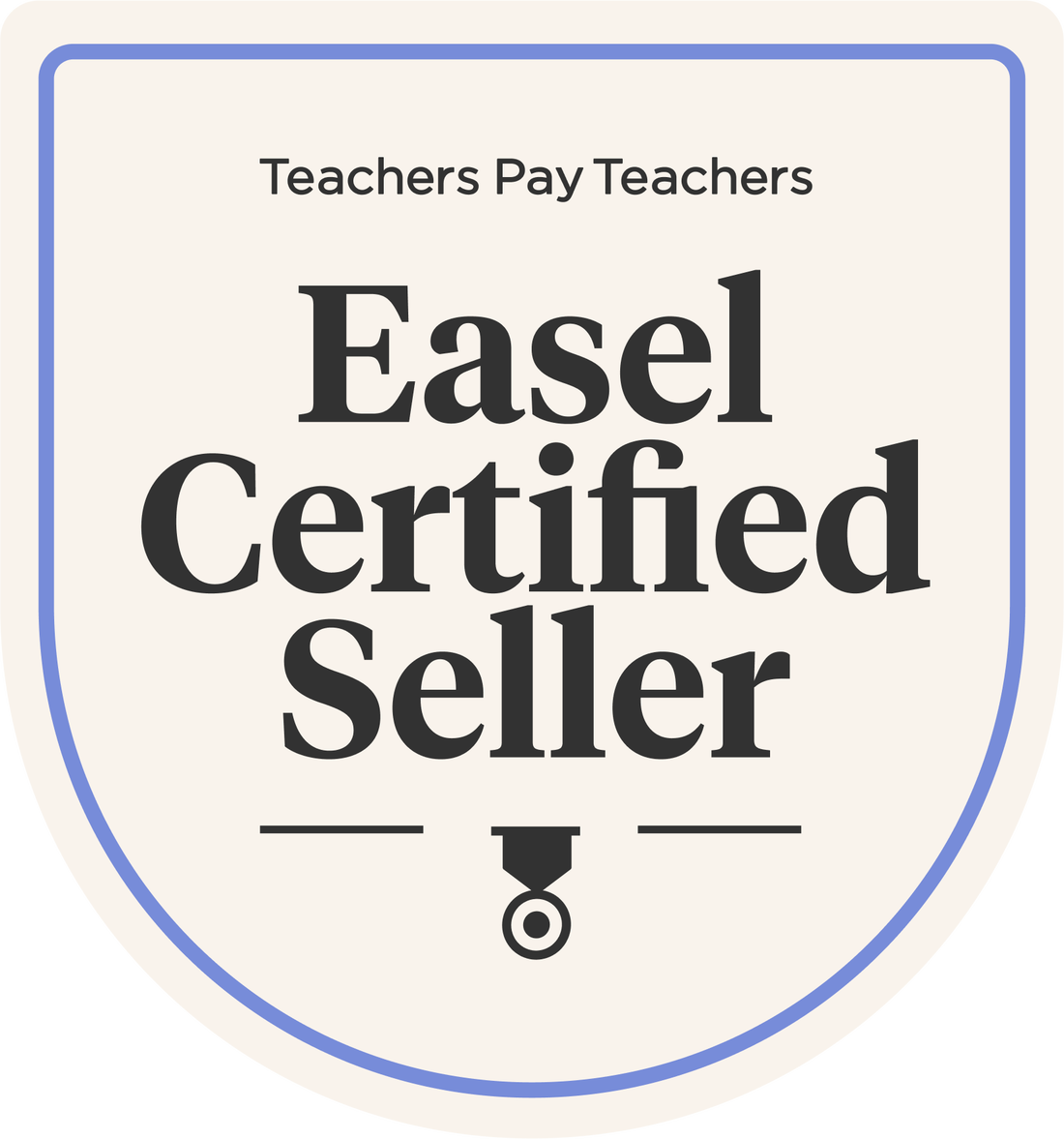


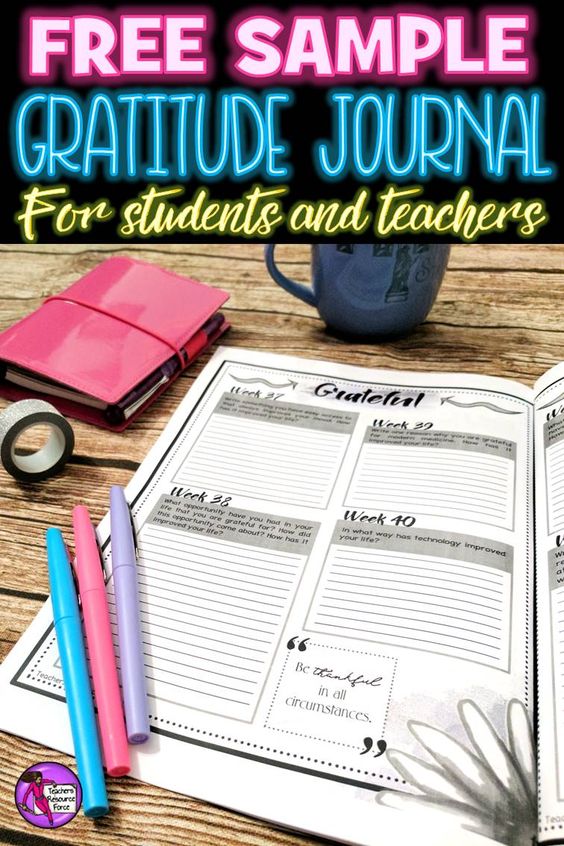
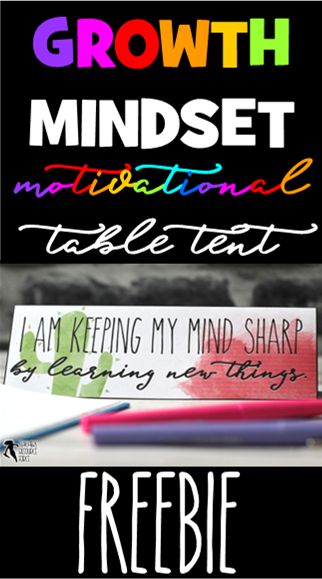

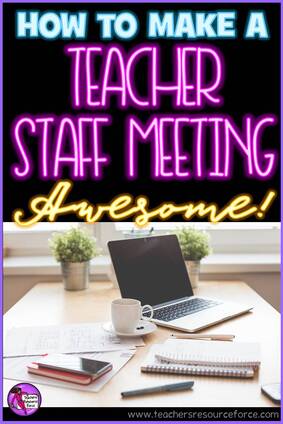
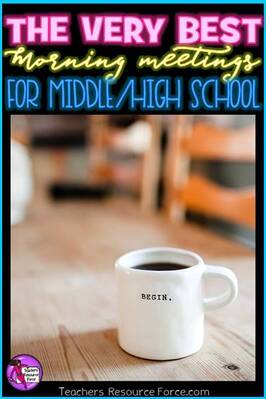
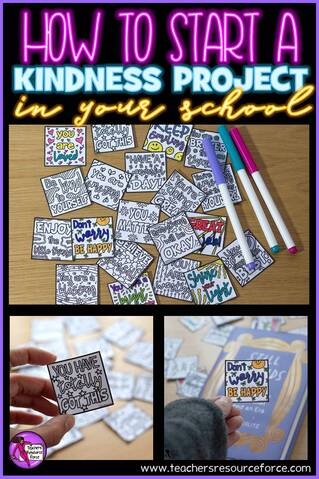
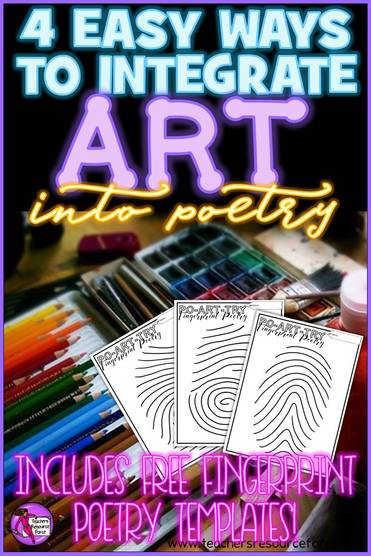
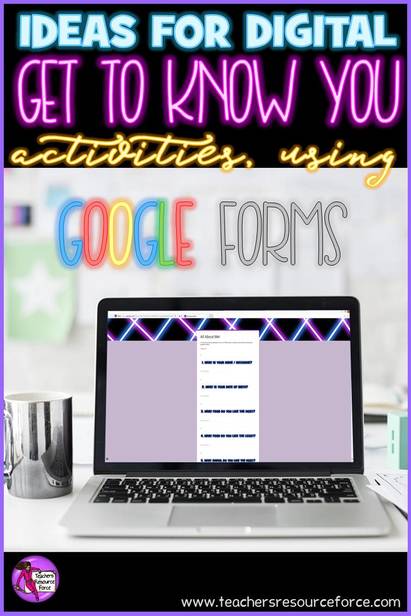
 RSS Feed
RSS Feed



